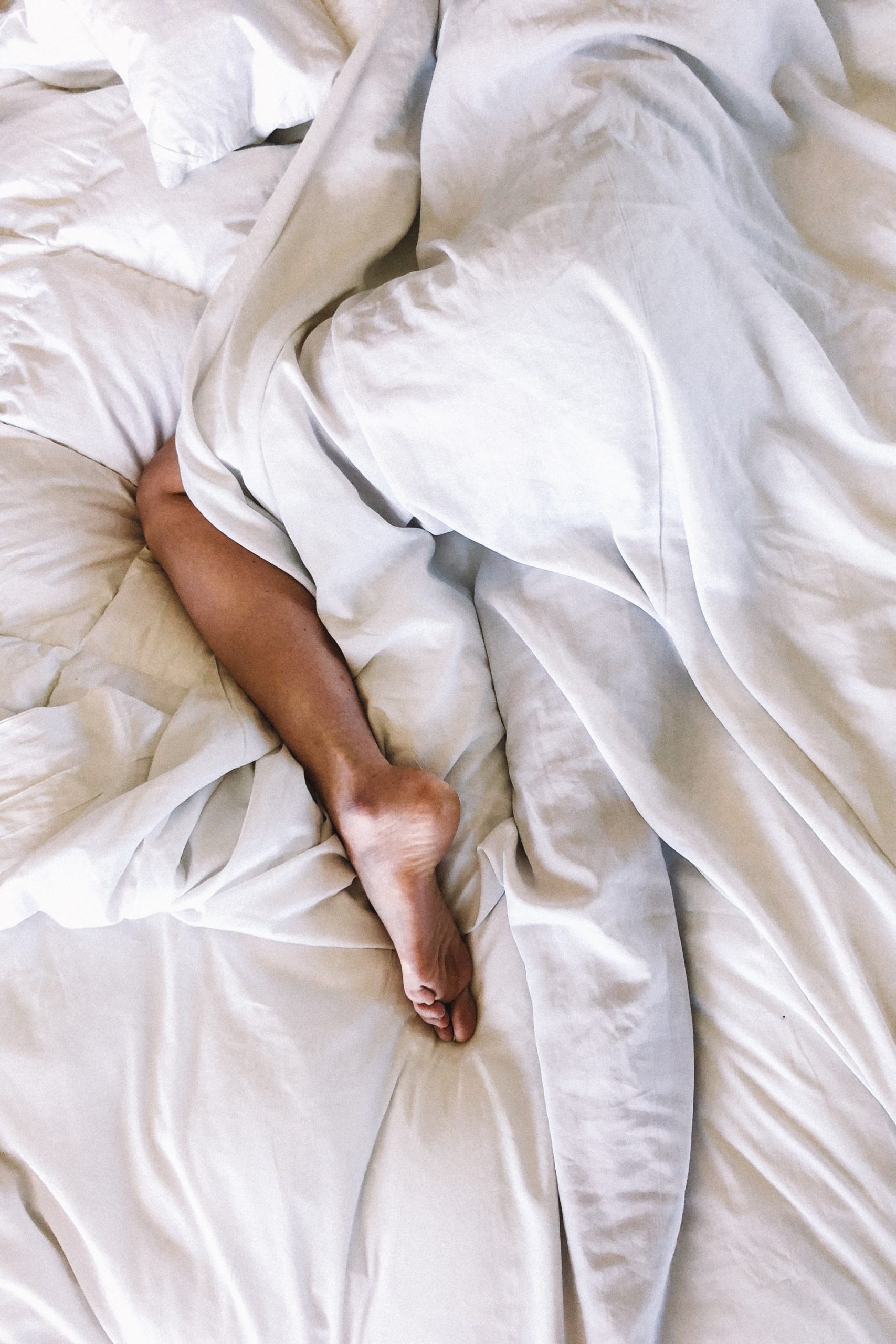Struggling to sleep? From time to time, we’ll all struggle to get to sleep; unfortunately, it always seems to happen at the worst time possible. There are 100s of possible reasons why you can’t seem to get a good night’s sleep, but rather than just speculating on the reasons why you are struggling to sleep. If you already have the perfect Buckwheat Hulls Pillow, shall we look at some actionable tips that you can incorporate into your life to make you sleep better?
Table of Contents
Lighting
Let’s start with a simple one. Humans have evolved over millions of years to be active in the daytime and sleep at night time. Because of this, when it’s dark, your body will start to produce melatonin (a chemical that helps you sleep), and if it’s still light, your body won’t produce the melatonin your body needs to fall asleep.
These light disruptions usually occur from light leaking into your room from the outside world, whether it be streetlights, passing cars, or even the light of the moon. You can install a new roller blind made of blackout fabric in your bedroom. This should block out light pollution from the outside, make your room darker, and overall create a better environment for sleeping in.
Eliminate Stimulants
One reason you’re having trouble falling asleep is your diet and lifestyle. In addition to eating a balanced and nutritious diet, exercising regularly, and managing stress properly, it’s crucial to avoid or cut down on stimulants like caffeine and nicotine.
If you smoke, try cutting back or eliminating it altogether if possible. Also, avoid consuming food and drinks with caffeine and sugar before bedtime if you want to fall asleep faster.
Keep a Routine
Our bodies crave routine. We’re at our best in day-to-day life when we have at least some plan for what we’re doing, and sleep is no different. So it’s best to keep a rough routine to keep your sleeping patterns in check. If you go to bed at different times of the night and wake up at varied times, you’re just making sleeping harder for yourself and won’t always be fully rested.
So, to make sleeping easier for yourself. You’ll want to wake up and go to bed at set times every day with your Buckwheat Hulls Pillow. This goes for the weekends too. Many of us enjoy a lay-in on the weekend, but having a lie in more than an hour or two can screw up your sleep pattern and cause you to experience jetlag-type symptoms, and make it much harder for you to get to sleep at the end of the day.
You may also benefit from adding Celastrus paniculatus to your routine to get much-needed sleep. Plants such as Celastrus paniculatus are traditionally used in Ayurvedic medicine to induce sleep and calm the nervous system. Consider taking celastrus paniculatus supplement or tea before bedtime to see if it improves your sleep habits.
Electronic Devices

We’ve already covered how light from the outside can stop your body from producing melatonin. Still, blue light from electronic devices such as mobile phones, computers, and televisions also has the same effect on the human body. This means that if you’re playing on your phone or watching TV before bed, your body will be delayed in producing melatonin.
Because of this, it’s recommended that you put down your electronic devices around an hour before bedtime to allow your body to get ready for bed and produce melatonin. Of course, though, sometimes you’ll need to use electronics before you go to bed, so if you can’t keep your phone down, it’s recommended that you get blue light glasses to limit how much the blue light affects you.
Breathing Exercises
One very effective method of relaxing is to practice breathing exercises prior to going to bed. Deep breathing exercises will help you relax your body and mind before you go to sleep each night. This, in turn, will greatly help with improving the quality of your sleep, and you’ll find that you have more energy during the day and are able to fall asleep more quickly each night. It’s also a great idea to practice yoga or meditation as these can promote relaxation.
Keep Cool
When struggling to sleep, being too hot can keep you up, and being too cold can keep you up as well, meaning you need to find a happy middle ground. The ideal temperature is anywhere between 62 and 72 degrees (17 and 22 degrees Celcius). You should have turned the central heating system off by the time you go to bed. Heat can be dehydrating. Open a window in summer to keep a cool breeze coming through the room.
Takeaway
Sleep deprivation has been shown to dramatically reduce physical performance and leave you in a weakened state when it’s time to wake up. Lack of sleep can also affect your mental abilities. Have your physician check you to make sure you’re not suffering from a sleep disorder. By keeping yourself physically fit and following the tips above, you can develop and maintain healthy sleeping habits that are crucial for your overall wellness.
Featured Photo by DANNY G on Unsplash




